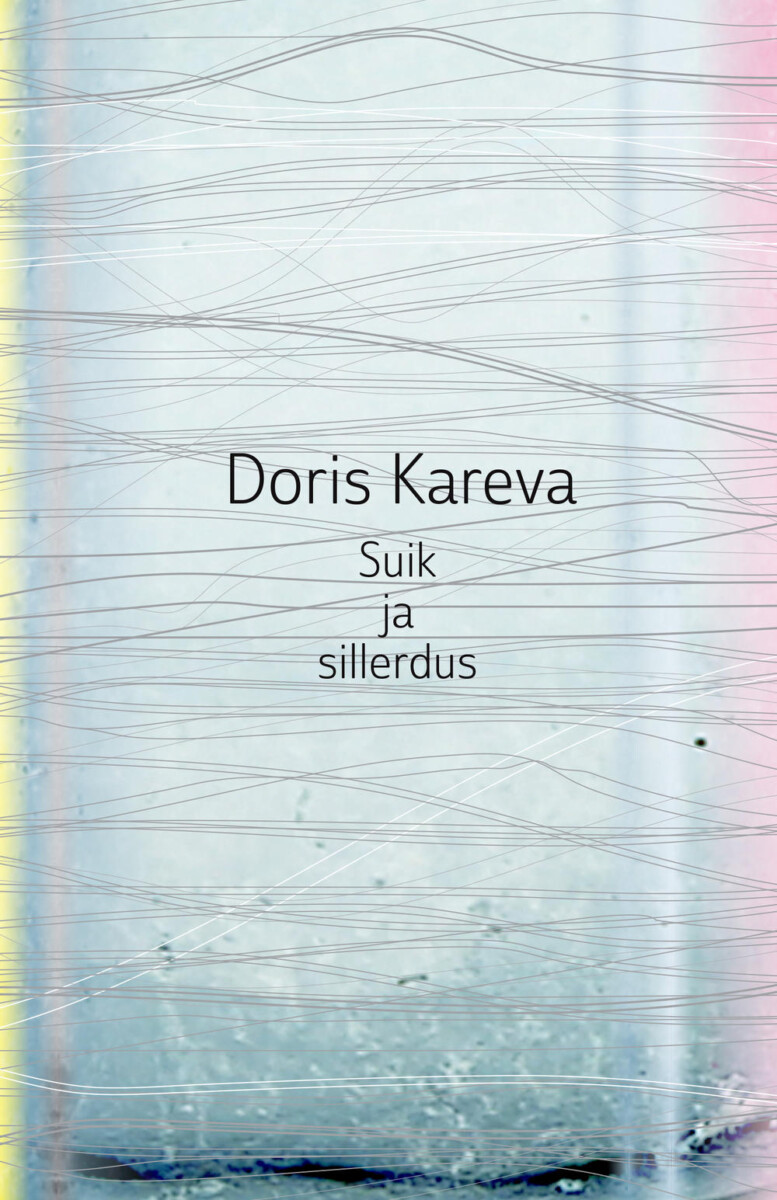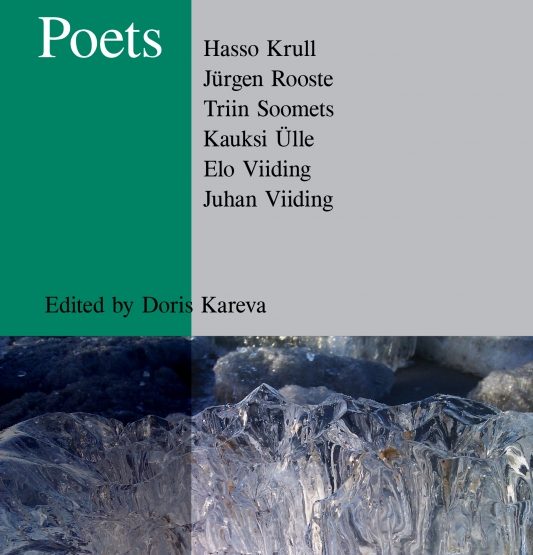Verb 2019, 128 pp
ISBN 9789949723867
It’s not exactly common for poetry’s charisma to be so great that it reshapes even the most formal and unpoetic elements of a book’s paratext—such as the publishing details. In any case, the title page of Doris Kareva’s latest collection Drowse and Shimmer declares that all rights are “cared for and protected”. This strikes the tuning fork for how readers should approach the work, as it contains all that is prevalent throughout the author’s writing (and which deepens and takes even firmer hold in this collection)—a fundamentally caring, noticing, humble, and empathetic pose. My heart does not hand itself over. / It pulses outside of me, / everywhere. (p. 11)
The reception of Kareva’s works frequently draws such keywords as “high” or “classic” poetry, which would appear to signal an elite or inaccessible nature. Recurring capitalized entities (Nameless, Creator, God, Intuition) and references to literary classics both Estonian and foreign (Betti Alver, Marie Under, Shakespeare) also demonstrate her unequivocal broad reach.
Kareva’s focus indeed lies upon a plane higher than the individual—it occupies the sphere of religion, mystery, and vision. Yet, humanity itself and all we tend to regard as small and ordinary, are the gateway to these spheres: Every living leaflet / is the heart of the universe (p. 73). Kareva sees her poetic talent more as a divine task than a personal adornment, the core of which is the art of listening and not of articulation: My voice is worth not even copper, / but my listening is gold (p. 79). From this standpoint, the poet is a servant. She expresses not herself, but a higher truth with herself as the vehicle (as well as she is able). This truth reveals itself as a shimmering when one drowses off momentarily. In Kareva’s mystical and romantic world, drowsing and dozing mark the borderlands of semi-consciousness that run between waking life and deep slumber—a place where one trickles from their rational self and is met by the reflection of truth, which cannot seem to fit in the rigid frame of wakefulness.
The encompassing of these otherwise imposing and elusive topics in graceful, rhythmic, lyrical, and slender locution gives the impression of a divine gift. To an experienced poetry reader, Kareva’s fondness for polar opposites (light and darkness, wisdom and foolishness, the head and heart) may at times come off as manneristic. Nevertheless, they do not reflect a black-and-white nature in Kareva’s worldview, but rather function as contours for hard-to-grasp ideas of enormous dimensions that no one is capable of handling unambiguously. Drowse and Shimmer firmly establishes Kareva’s role as the voice of a collective heart.
Maarja Helena Meriste is a poetry editor in a literary magazine Värske Rõhk, literary critic and translator. She is currently pursuing a master’s in literature in Tallinn University, focusing on computational stylistics.





